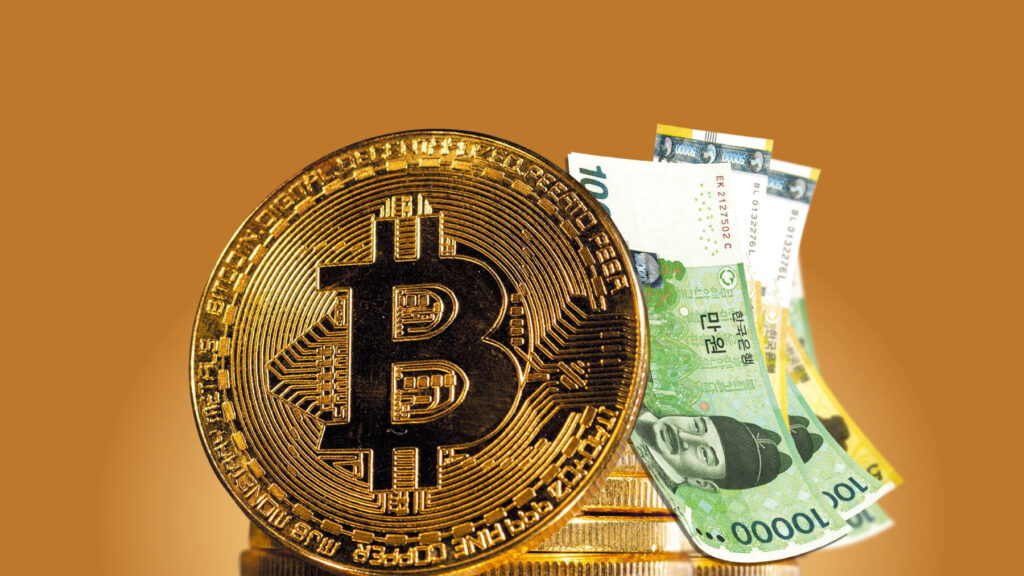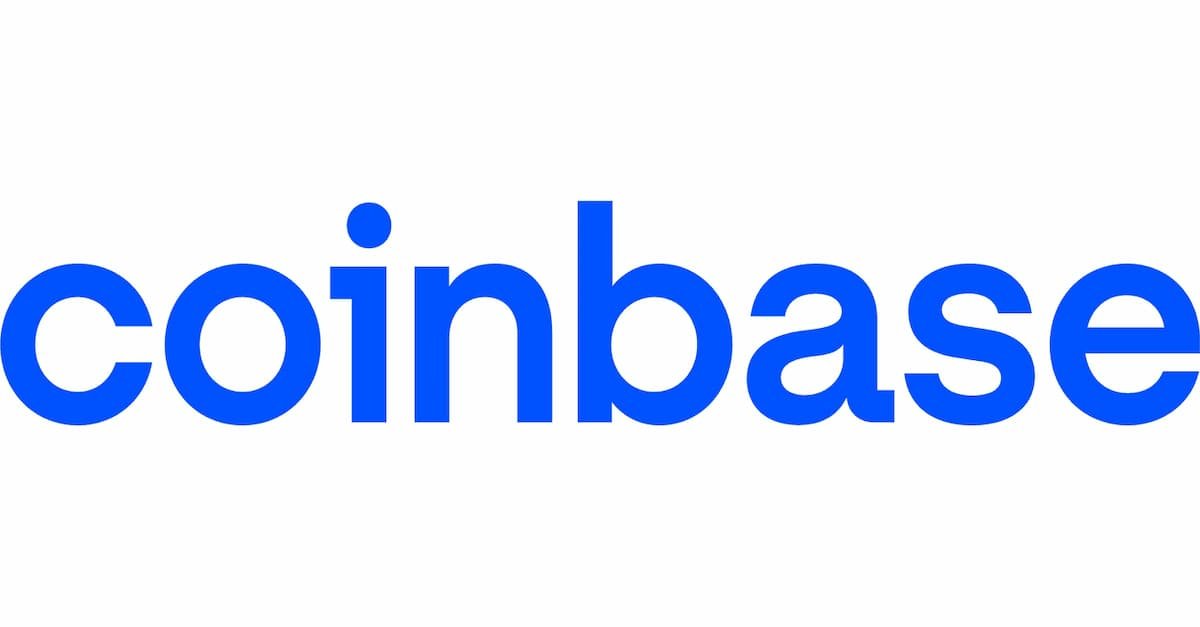Contents
South Korea’s crypto donation policies are causing significant challenges for universities, as financial authorities prohibit the opening of corporate accounts for coin transactions. This restriction prevents educational institutions from converting cryptocurrency donations into cash, creating a financial bottleneck for many.
Financial Authorities Clamp Down on South Korea’s Crypto Donation
Financial authorities in South Korea, including the Korean Financial Intelligence Unit (KoFIU) and the Ministry of Education, are firmly against allowing universities to open corporate accounts for crypto transactions. The primary concern is that corporate accounts lack the individual verification associated with personal accounts, making them susceptible to money laundering.
A senior official from the financial authorities stated that granting universities an exception would be unfair to other businesses and would pose a significant risk of money laundering if applied broadly to all corporations. This strict stance underscores the government’s commitment to maintaining stringent anti-money laundering measures.
Universities Stuck with Unconvertible Crypto Donations
South Korea’s crypto donation rules have left universities in a difficult position. Some universities have received large cryptocurrency donations from crypto businesses but are unable to convert these digital assets into usable cash due to the regulatory restrictions. This has resulted in significant funds being trapped in a form that the universities cannot readily use to support their operations and initiatives.
Universities had hoped to open corporate accounts to manage these donations, but the financial authorities’ decision has dashed these hopes. The Ministry of Education and KoFIU are expected to maintain their position, advising universities to avoid accepting such donations in the future.
Potential Solutions and Future Directions
Despite the current restrictions, there may be a glimmer of hope for universities already holding cryptocurrency donations. The financial authorities and the Ministry of Education are considering a system that would allow for the conversion of existing crypto donations into cash under specific conditions. This would provide a much-needed lifeline for institutions struggling with previously received digital assets.
However, the broader message from South Korea’s crypto donation policies is clear: educational institutions and charities should be cautious about accepting cryptocurrency donations moving forward. The regulatory environment is unlikely to soften soon, given the high priority placed on anti-money laundering measures.
Conclusion
South Korea’s crypto donation restrictions are a significant hurdle for universities. While the potential for converting existing donations offers some relief, the overall message is one of caution and prudence. Educational institutions must navigate these regulatory waters carefully, balancing the benefits of accepting digital assets against the challenges posed by current financial regulations.
As the popularity of cryptocurrencies like Bitcoin (BTC) continues to rise, South Korea’s crypto donation policies will remain a critical area of focus for universities and other charitable organizations. The evolving regulatory landscape will require ongoing attention and adaptation to ensure compliance and financial stability.








